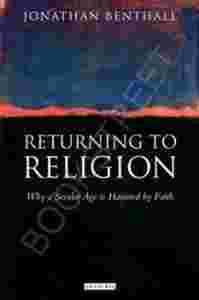RETURNING TO RELIGION Jonathan Benthall

Aukcja w czasie sprawdzania była zakończona.
Cena kup teraz: 415.80 zł
Użytkownik bookstreet
numer aukcji: 4271883538
Miejscowość Kalisz
Wyświetleń: 3
Koniec: 23-06-2014 18:14:04
Dodatkowe informacje:
Stan: Nowy
Okładka: twarda
Kondycja: bez śladów używania
